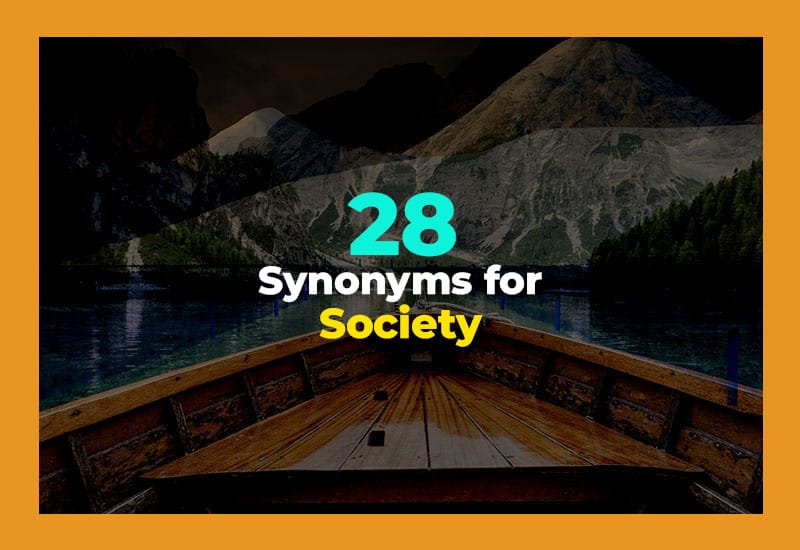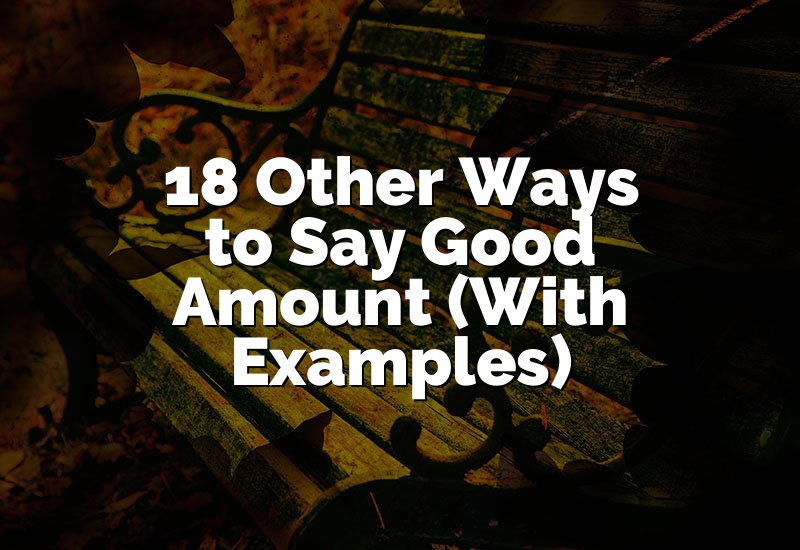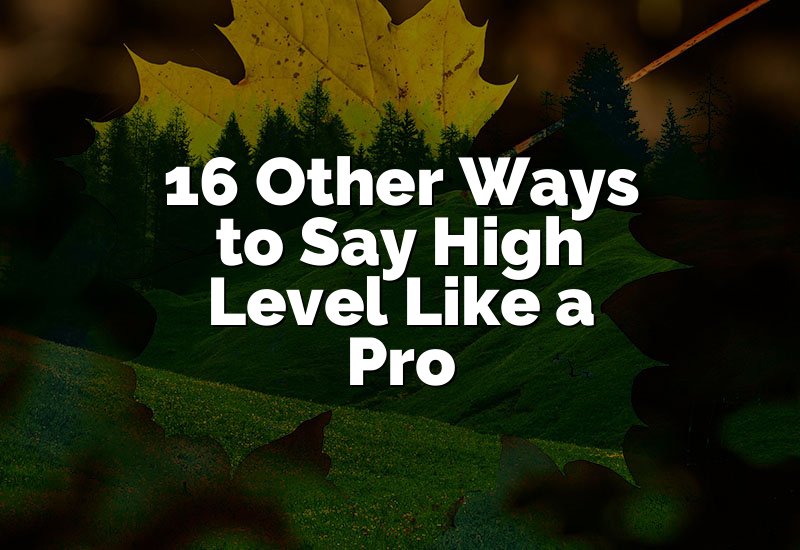You know how we all live in groups? Whether it's your family, friends, or people in your town, we call that a society. But guess what? There are many fun ways to say "society." Let's dive in and discover 28 cool words that mean the same or close to society, with easy examples to help you remember. Ready? Let's go!
1. Community
A community is a group of people who live in the same place or share something in common. Think of your neighborhood where people know each other and help out. For example, in a small town, the community often comes together for events like a local fair or clean-up day. Communities are about people sharing and caring. They might meet for sports, festivals, or just chatting in the park. So, community means a smaller, closer group of people who feel connected and work together, making life better for everyone around them.
2. Population
Population means all the people living in a specific area, like a city, country, or even the world. For example, the population of New York City is very large, with millions of people. Population talks about how many people live in one place, without saying much about how they interact. It's like counting heads! When you hear news about population growth or decline, it means more or fewer people are living there. Population helps us understand how crowded or empty a place might be, and it's important for planning schools, hospitals, and roads.
3. Public
Public means all the people in a place, especially when they share something like parks or roads. When you go to a public library or a public park, it's for everyone to use. Public can also mean what everyone knows or thinks, like public opinion. For example, the public voted on a new law. It's less about personal connection and more about people as a whole group. So, public is a simple way to say "people everywhere" or "everyone who shares something."
4. Group
A group is a small number of people who are together for a reason. You might be in a study group at school or a sports group playing soccer. Groups can be short-term or long-term, but they are usually smaller and more focused than society. It's like a team or club. When people join a group, they share ideas or activities. A group can be made of friends, classmates, or workers. It's an easy word that shows people coming together for something specific.
5. Association
An association is a group of people who join to do something together. For example, a teachers' association works to improve schools. Associations often have rules and goals. People in an association help each other and try to reach common aims. It's like a club but more organized. Many jobs have associations to support workers. For example, the car owners' association might help fix problems with cars. So, an association is about people joining to share interests and support each other.
6. Network
A network is a group of people connected by relationships, work, or ideas. Think about your social media network where you have many friends online. Or a business network where people help each other find jobs. Networks are about connections, not just being in the same place. You can have a small network, like your classmates, or a big one, like professionals worldwide. Networks help people share information and support. So, a network means people linked together in many ways, often by communication or work.
7. Culture
Culture means the ideas, customs, and arts of a group of people. It shows how they live, what they believe, and what they enjoy. For example, Japanese culture includes tea ceremonies, language, and festivals. Culture connects people beyond just living in the same place. It shapes music, food, and celebrations, like Thanksgiving in the USA. When we talk about culture, we mean the special things that make one group of people unique and different from others. It's an important part of society.
8. Civilization
Civilization means a large, organized group of people living together with rules and technology. Think of ancient Egyptian civilization with pyramids and writing. Civilizations have cities, governments, and culture. It's a bigger and more complex version of society. When we say civilization, we often mean human progress and history. Civilizations grow over time, building homes, schools, and art. So, civilization is society at a big scale with many achievements and systems.
9. Brotherhood
Brotherhood means a group of people who feel very close like brothers or friends. It's about trust, support, and sharing. For example, firefighters often talk about their brotherhood because they work and help each other. It doesn't always mean family but a strong connection. Brotherhood can be found in clubs, teams, or groups with deep bonds. It shows people standing together through good and bad times. When you hear brotherhood, think about loyalty and friendship in a group.
10. Body
Body is a way to say a group of people acting together. For example, a governing body runs a country or organization. It can mean people with shared power or duties. A body works as one unit, like a team or committee. For example, the student body means all students in a school. Body can be small or large, but it shows people working as one group, making decisions or following rules.
11. Gathering
Gathering means people coming together for a reason. Like a family gathering for a holiday or a community gathering to talk about a new park. It's often short-term and social. Gatherings bring people close, helping them share stories and plans. When you think of a gathering, picture friends or neighbors meeting up to have fun or solve problems. It's an easy word to describe people meeting in one place.
12. Clan
A clan is a group of people connected by family or tradition. It's often used for families with a shared name or history, like a Scottish clan. Clans care about protecting and helping their members. They often have special symbols or stories. While clans can be small, they feel strong and important. Clan members support each other, like a big family team. This word is popular in history and stories about old times.
13. Society
Society means a large group of people living together with shared rules and culture. For example, modern society includes laws, schools, and jobs that keep people safe and happy. Society helps people live in order and work together. It covers everything from friends to governments. We all belong to some kind of society, even if it's small or big. It's the broadest word for people living and working as one group.
14. Congregation
A congregation is a group of people who meet for religious worship. For example, a church congregation gathers every Sunday to pray and sing. Congregations are about faith and community. They share beliefs and support each other spiritually. This word is mostly used in churches, temples, or mosques. A congregation feels like a big family united by religion, coming together regularly to celebrate and help.
15. Assembly
An assembly means a group of people gathered for a meeting or decision. For example, the school assembly is when all students come together in the gym. Governments have assemblies where leaders meet to make laws, like the United Nations Assembly. Assemblies can be big or small but are focused on talking or voting. This word shows people acting together, often for important reasons.
16. Collective
Collective means a group working together for a shared goal. For example, a farmers' collective helps members sell crops and share tools. Collectives make decisions as one group, sharing work and benefits. It's about teamwork and equality. People in a collective support each other and often share resources. This word is common in business and social projects where cooperation is key.
17. Tribe
A tribe is a group of people connected by family, culture, and tradition. For example, the Navajo tribe in the USA has its own language and customs. Tribes usually live in close communities with strong bonds. They share stories, ceremonies, and land. A tribe is smaller than a nation but feels like a family with roots in history. It shows people tied by blood and culture.
18. Crowd
A crowd means many people gathered in one place, often for a short time. For example, a concert crowd enjoys music together. Crowds can be noisy and lively. Sometimes crowds are just strangers standing close, like in a busy market. Unlike society, crowds don't always share goals or connections. It's about being together physically, not socially or culturally.
19. Body politic
Body politic means all the people in a country or state, especially in politics. For example, the body politic of the USA includes all citizens who vote and follow laws. It's about people acting together as one group to run a government. This word is formal and often used in news or history. Body politic shows society as a political unit.
20. Institution
Institution means an organization that helps society work, like schools, hospitals, or courts. For example, a school institution teaches children. Institutions have rules and people working there to serve others. They keep society safe, healthy, and fair. Without institutions, life would be harder. They are the building blocks of society that help people live well together.
21. Social order
Social order means how society is organized by rules and roles. For example, in a classroom social order, the teacher leads, and students follow rules. Social order helps prevent chaos and keeps people safe. It includes laws, customs, and habits. When social order breaks down, things get messy, like in protests or riots. It's an important part of society that helps everyone live together smoothly.
22. Commonwealth
Commonwealth means a group of people or countries united by shared goals or history. For example, the Commonwealth of Nations includes countries like Canada and Australia with links to the UK. It means working together for peace, trade, or culture. Commonwealth shows people connected beyond borders, sharing values and friendship. It's a special kind of society on a bigger level.
23. Fellowship
Fellowship means a friendly group with shared interests or goals. For example, a writers' fellowship helps authors support each other. Fellowships are about friendship, learning, and cooperation. They can be small or large but feel personal. When people join a fellowship, they share ideas, help one another, and grow together. It's a warm, social connection among people.
24. Sector
Sector means a part or group within a larger society, often by work or interest. For example, the education sector includes teachers, schools, and students. The healthcare sector is about doctors and hospitals. Sectors divide society into parts to understand it better. It's useful when talking about jobs, economy, or services. Each sector plays a special role in making society work.
25. Social circle
A social circle is a small group of friends or people you know well. For example, your social circle might include your classmates, family, and neighbors. It's about personal relationships and sharing time together. Social circles give support and fun. They are the closest people around you. When you say social circle, think about your friends and those you trust.
26. Cohort
Cohort means a group of people who share something in common, like age or experience. For example, a graduating cohort means all students finishing school that year. Cohorts help in research or education to compare groups. They stick together during a time or event. Cohort is a simple way to describe people linked by time or event.
27. Commune
A commune is a group of people living together and sharing everything, like work and food. For example, some people live in eco-communes to protect nature and help each other. Communes focus on sharing and equality. It's like a small society where everyone helps out. Living in a commune means caring for each other and the place you live.
28. Guild
A guild is a group of workers or artisans who share skills and protect their trade. For example, in history, the blacksmith guild taught new workers and kept rules for quality. Guilds help members get jobs and respect. Today, some guilds are like unions or professional clubs. Guilds make sure work is good and fair among members.

I hope you found these synonyms fun and easy to understand! Using different words for society can make talking about people and groups more interesting. Next time you want to say society differently, try one of these words. They help show how people connect, live, and work together in many ways.









